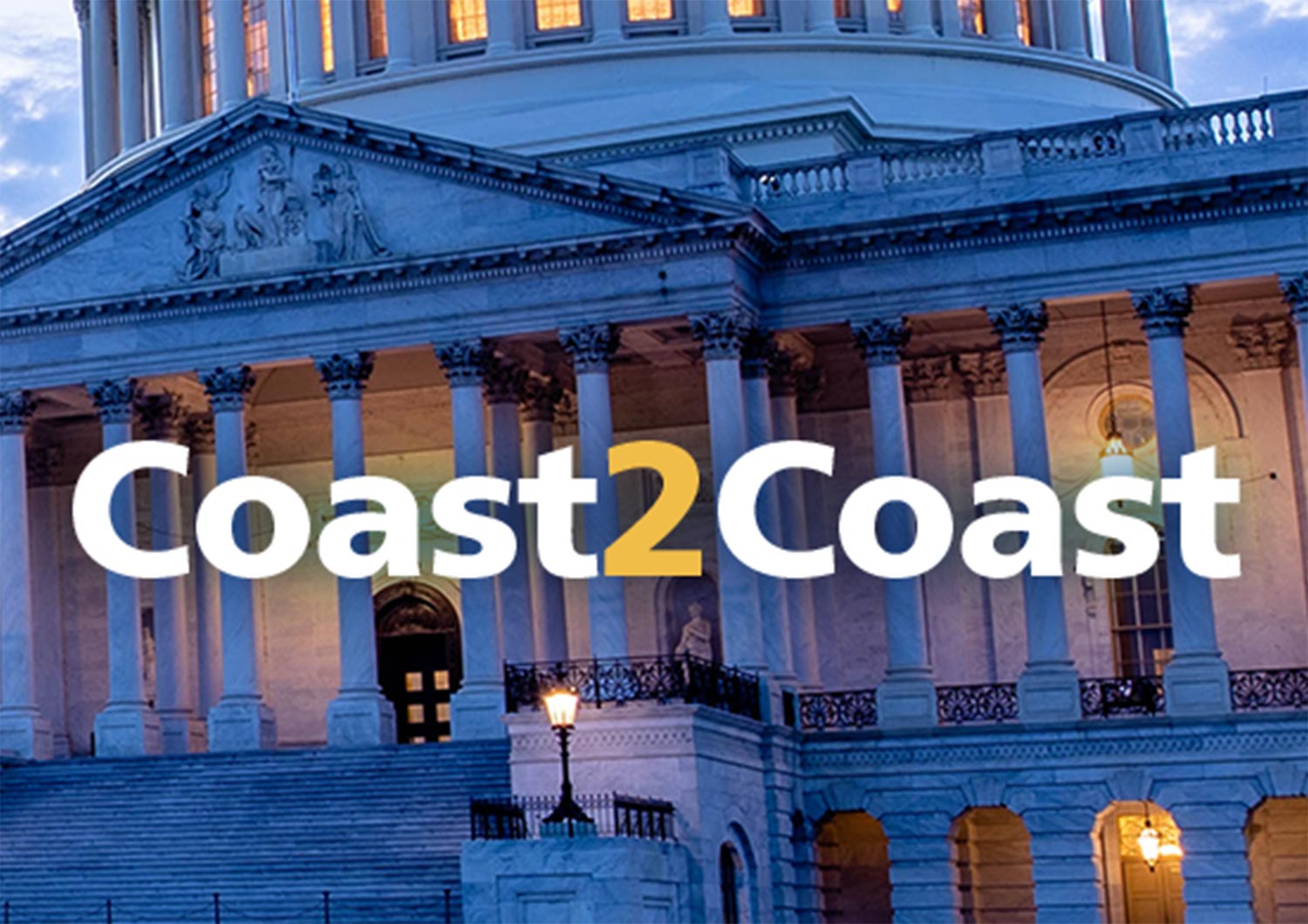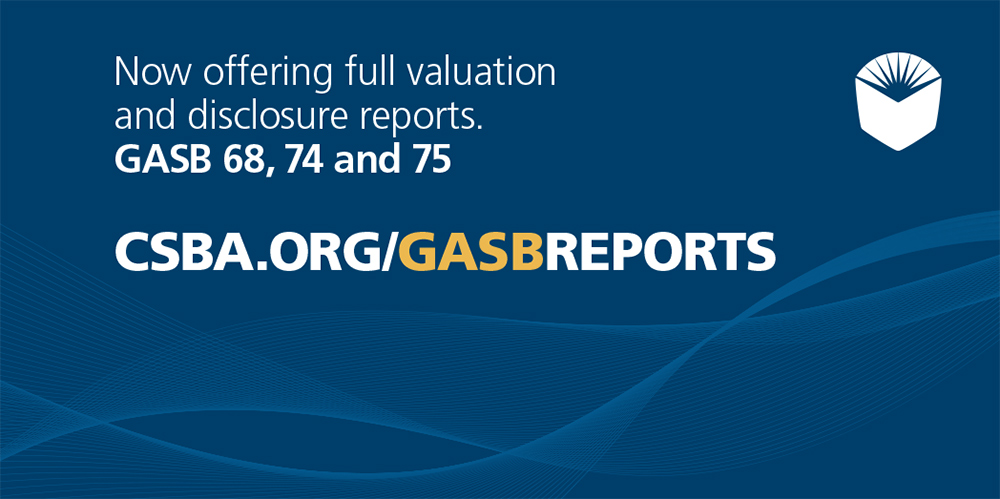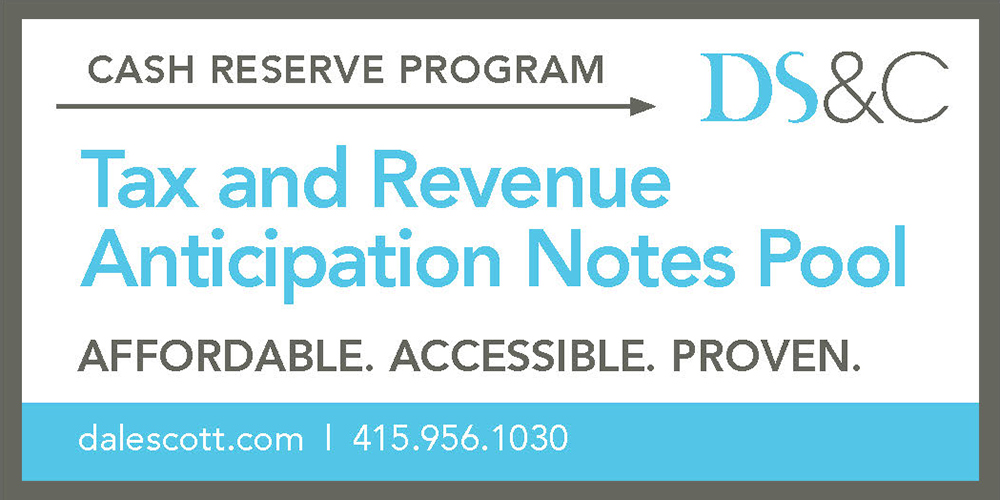Budget
Budget season is in full swing in Sacramento as the Legislature works its way through Gov. Gavin Newsom’s revised spending plan for the state. The Governor’s May Budget Revision, released on May 12, revealed a shortfall that has grown by $9.5 billion from the proposed January Budget to $31.5 billion, with a corresponding $2 billion drop in the Proposition 98 Guarantee, to $106.8 billion.
The proposal attempts to insulate schools from the fallout by protecting recent investments and providing an 8.22 percent cost-of-living adjustment (COLA). This seemingly good news, however, was dampened by $4.3 billion in cuts to critical one-time grant programs that threaten to overshadow the $3.4 billion COLA increase in the coming 2023–24 school year. These proposals and more are on the table as the Legislature and Newsom Administration hammer out the final budget agreement.


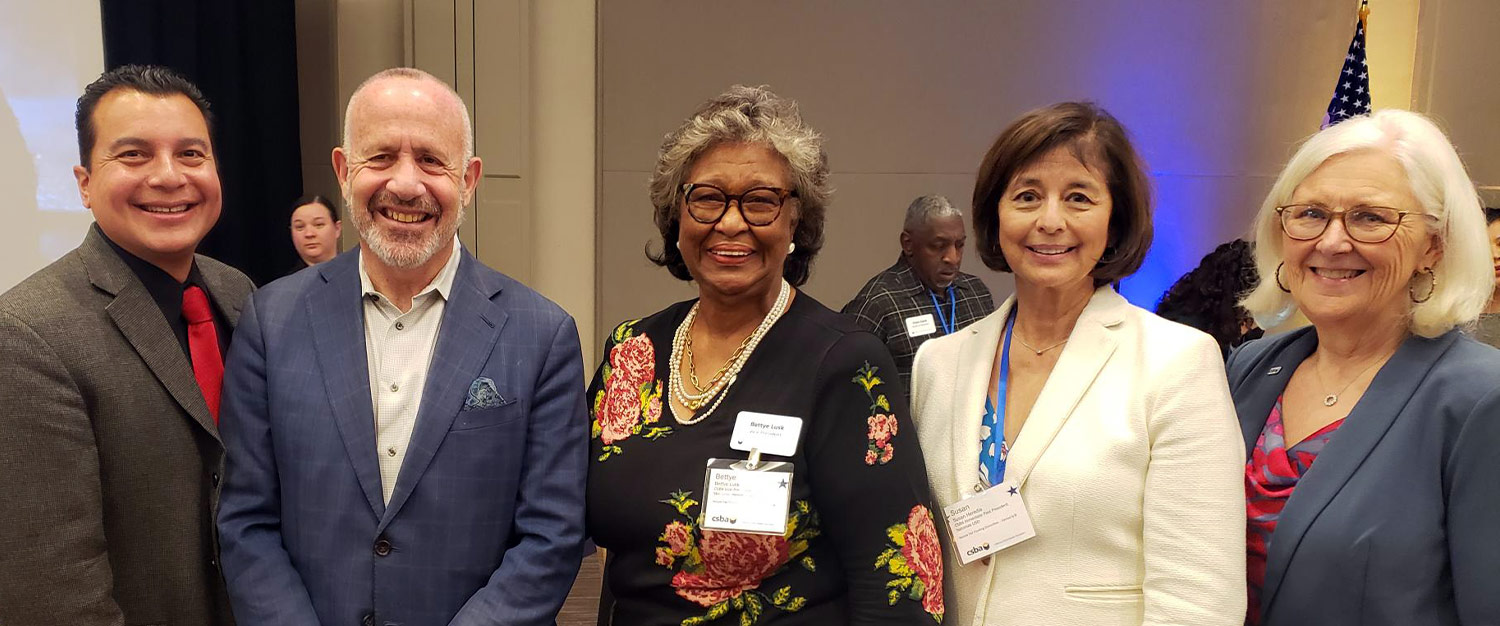
Delegates met May 20–21 in Sacramento to provide policy and direction for the association, receive updates on statewide ballot measures, important state and federal budget and policy proposals, and legal challenges that could affect local educational agencies as they work to support students.

Troy Flint | tflint@csba.org
Editorial Director:
Kimberly Sellery | ksellery@csba.org
Marketing Director:
Andy Rolleri | arolleri@csba.org
Staff Writers and Contributors:
Alisha Kirby | akirby@csba.org
Heather Kemp | hkemp@csba.org
Teresa Machado | tmachado@csba.org
Meghan Russell | mrussell@csba.org
Kristin Lindgren | klindgren@csba.org
Director of Graphic Design & Branding:
Kerry Macklin | kmacklin@csba.org
Senior Graphic Designer:
Amanda Moen | amoen@csba.org
Susan Markarian | Pacific Union ESD
President-elect:
Albert Gonzalez | Santa Clara USD
Vice President:
Bettye Lusk | Monterey Peninsula USD
Immediate Past President:
Dr. Susan Heredia | Natomas USD
CEO & Executive Director:
Vernon M. Billy
California School News (ISSN 1091-1715) is published 11 times per year by the California School Boards Association, Inc., 3251 Beacon Blvd., West Sacramento, CA 95691. 916-371-4691. $4 of CSBA annual membership dues is for the subscription to California School News. The subscription rate for each CSBA nonmember is $35. Periodicals postage paid at West Sacramento, CA and at additional mailing office. POSTMASTER: Send address changes to California School News, 3251 Beacon Blvd., West Sacramento, CA 95691.
News and feature items submitted for publication are edited for style and space as necessary.


It seems that this essential lesson from high school has been lost by many adults in today’s society, even by some district and county office of education board members who are responsible for the governance of TK-12 schools. I am finishing my 38th year as a trustee in the Pacific Union Elementary School District, my 24th year as a director of the Fresno County School Trustees Association, and my 18th year as a CSBA Director. During this period, I have witnessed many changes in the membership, some for the worse, but mostly for the better as trustees become more engaged, more committed and more proficient in performing their responsibilities. There is no question that a higher degree of professionalism exists among school trustees in the modern age.
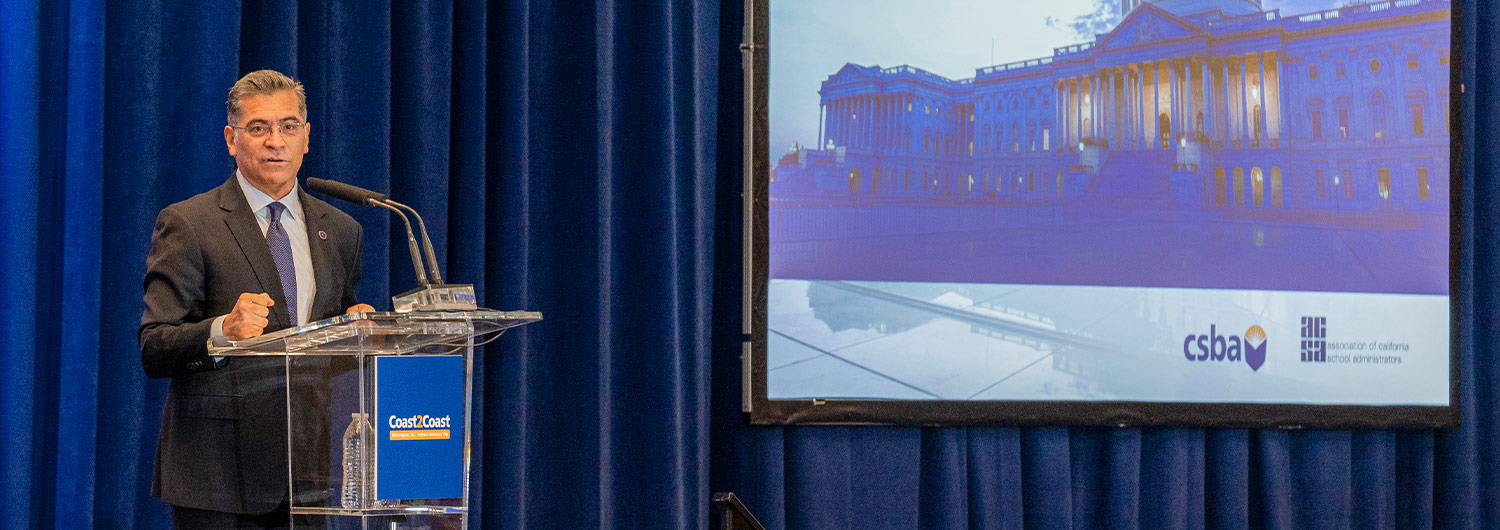
That was the powerful message from Health and Human Services (HHS) Secretary Xavier Becerra to school board members and superintendents that traveled from his home state to participate in the 2023 CSBA-Association of California School Administrators (ACSA) Coast2Coast Federal Advocacy Trip.
Becerra was quick to add that the dictionary definition of ganas as “desire” or “the strongest will” doesn’t quite capture the intensity of the word or the passion that school trustees bring to the job. He urged education leaders to maintain that undefinable spirit and to remain steadfast in their work for public schools.

At its April 19–21 meeting, the California Commission on Teacher Credentialing approved sending the annual report on the number of teachers who received credentials, certificates, permits and waivers to teach in California public schools to Gov. Gavin Newsom and the Legislature. Teacher Supply in California, 2021–22: A Report to the Legislature showed a decrease in new teaching credentials issued compared to the previous few years, most likely due to the expiration of flexibilities adopted in 2019–20 and 2020–21 to account for difficulties candidates were facing during the height of the COVID-19 pandemic.
California offers a variety of preparation pathways to provide flexibility for teacher candidates. The traditional pathway typically comprises up to two years of post-baccalaureate preparation courses, including field experience and student teaching, or an eight to nine semester integrated undergraduate program, in which candidates earn both a bachelor’s degree and a teaching credential. Alternative pathways such as intern delivery models allow subject matter-competent candidates to complete preservice preparation and begin service as the teacher of record in a paid position while completing the additional preparation coursework and field experience.

These lawsuits are all similar in nature; they involve similar if not identical claims, rely on the same research data and findings, and seek the same remedies. Generally, the complaints are based on theories of public nuisance, negligence, gross negligence, violations of the Racketeer Influenced and Corrupt Organization Act (RICO) and unfair competition. The remedies sought include abatement (mitigating the effect) of public nuisance, damages and injunctive relief, among others.

Some questions to ask when collaborating with the administration around professional development plans are:
- How are we building sufficient time into the planning process for teachers to reflect on their PD needs and assessing successes and challenges as the process moves forward?
- What avenues are we providing to allow staff to feel a sense of inclusion, genuine ownership and pride in preparing PD plans and initiatives?
Governance
5 Questions with Linda Porras, Desert Sands USD
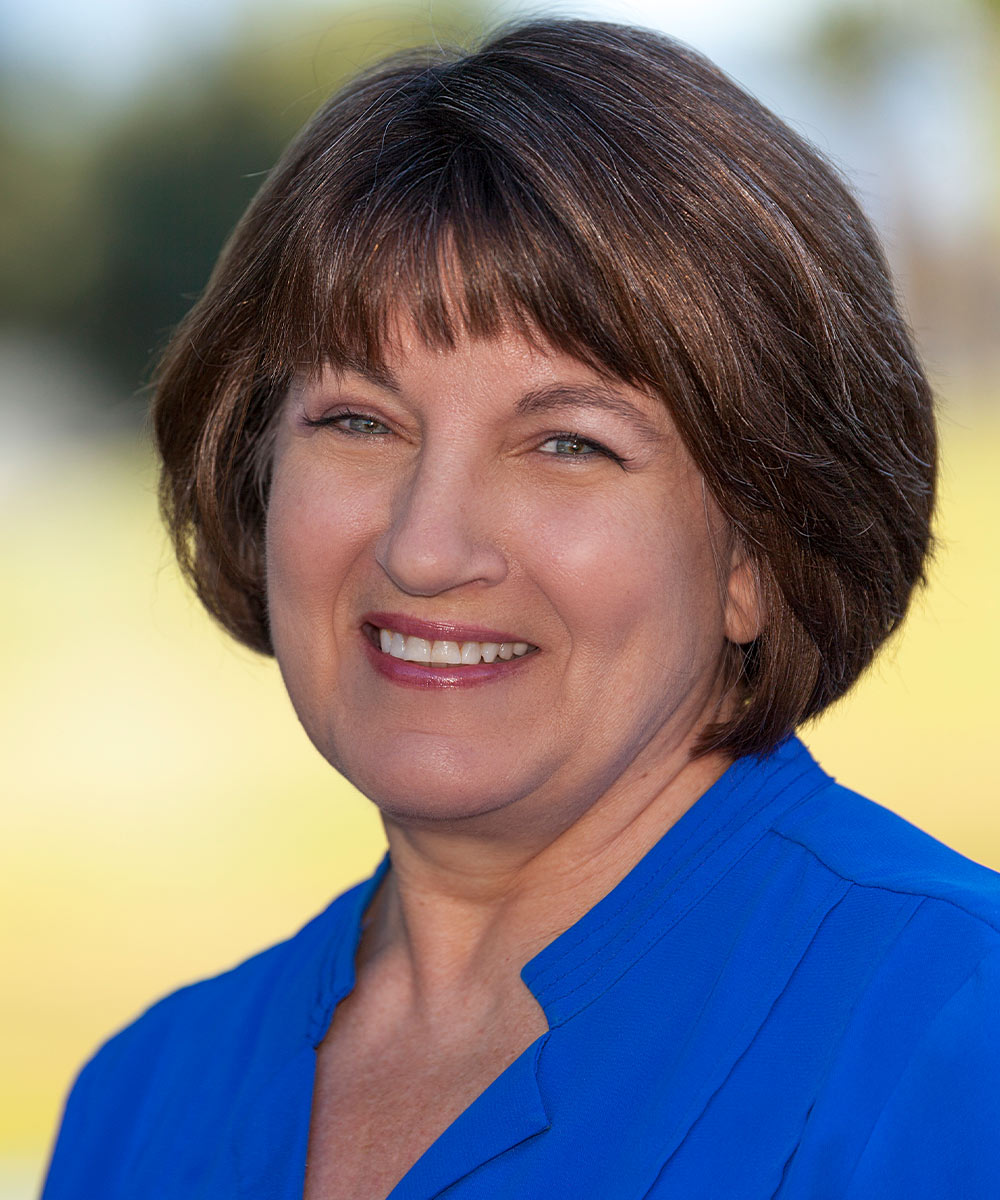
Public, sometimes vitriolic, debate surrounding student access to books that positively portray lesbian, gay, bisexual, transgender or queer/questioning (LGBTQ) characters can have negative impacts on children’s mental health and well-being, even if they don’t attend schools in districts where these conversations are taking place.
“Even before a book is banned or a play is canceled, the fact that there are these very public dialogues about the ‘dangers of youth learning about LGBTQ characters or learning about sexual orientation and gender identity’ can be extraordinarily stigmatizing for LGBTQ youth. It can convey to a child, the adults that are around me, maybe some of my peers, they don’t support me for who I am,” explained Joshua Goodman, an assistant professor of psychology at Southern Oregon University with expertise in parent support for LGBTQ youth, mental health in LGBTQ populations and internalized sexual orientation and gender identity stigma.

The positive effects of high-quality child care and early childhood education programs, as identified by the First Five Years Fund, include increased cognitive and social-emotional brain development, school readiness and increased school achievement, lower probability of special education placements, increased high school and college graduation rates and rates of employment, a more educated workforce, eventual personal and societal economic gain, and reduced health care costs. The Centers for Disease Control and Prevention adds that early childhood education can protect against, “the future onset of adult disease and disability,” and since these programs “aim to increase enrollment among children who are educationally underserved and experience health disparities, …[they] may help increase health equity.”

Assembly Bill 1505 made substantial changes to processes governing charter school petitions and renewals and modified the level of review for requested renewal petitions based on California School Dashboard data, including a presumption for renewal for high-performing charters, presumption for non-renewal for low-performing charters, and a standard for those charters that fall in between. Specifically, California Education Code Section 47607.2 requires charter school authorizers to consider “verified data” for renewals of charter schools that fall within the low- and middle-performing categories.
Published in February by the Education Commission of the States, “Addressing Health Disparities Through School-Based Health Services” explores legislative and programmatic examples in 17 states that are focused on improving equitable access to these services.
“Decades of research have highlighted the many ways in which healthier students are better equipped for learning,” researchers wrote. “As a result, many states have focused efforts on strategies that provide school-based health services with greater levels of engagement and outreach to students, families and local communities to increase equitable access to health and wellness.”
“Many LGBTQ+ students — for too long — have failed to report issues of harassment and violence. This is unacceptable; it is vital we create the same opportunities for a quality public education in an environment that accepts all students for who they are,” said State Superintendent of Public Instruction Tony Thurmond. “We are proud to partner with the Los Angeles County Office of Education to lead trainings that will provide our teachers with the critical resources they need to help California’s LGBTQ+ students.”
The CDE selected LACOE as the lead contractor to develop online cultural competency training courses for educators across California to help local educational agencies support LGBTQ students.
In 2021, Sen. John Laird (D-Santa Cruz) was honored with the award. Laird chairs the Senate Budget and Fiscal Review Committee’s Subcommittee on Education. In that role, he has overseen and pushed for a historic increase in funding for education. Due in large part to Laird’s tireless leadership, education funding is working to expanded child care, provide universal transitional kindergarten for 4-year-olds and create the country’s first universal breakfast and lunch program for all students. He has also prioritized giving school districts the resources and tools they need to successfully return students to campus safely and worked to ensure that funding intended for student instruction reached the classroom as intended.
MIG Course 5: Community Relations & Advocacy/Governance Integration
July 13–Nov. 9
Executive Assistants Certification Program
Aug. 25
The Brown Act
June 23
CSBA Roadshow – Humboldt County | Eureka
Aug. 10
CSBA Roadshow – Riverside/San Bernardino | Riverside
Aug. 12
CSBA Roadshow – Los Angeles West | Santa Monica
Aug. 16
CSBA Roadshow – San Diego South | Chula Vista

Thanks for reading our June 2023 newsletter!

